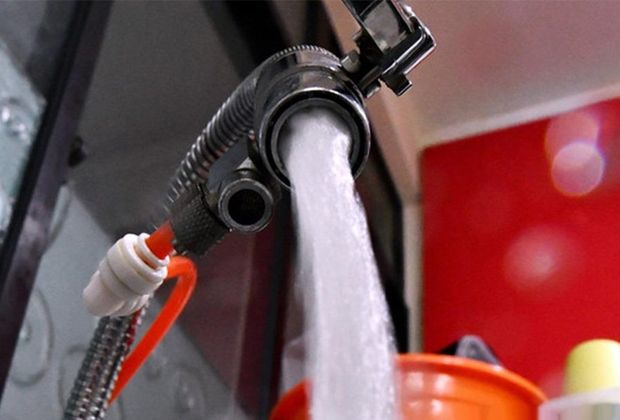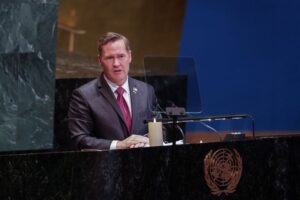
GEORGE TOWN: Penang will have to pay RM210mil a year for 40 years, and also RM1.70 for every cubic metre of treated water it buys from Perak, under the long-negotiated Perak–Penang water deal.
The annual payment is the capacity charge, while the RM1.70 rate is the variable charge.
Explaining the need for these commitments, Penang infrastructure committee chairman Zairil Khir Johari told the state assembly on Friday (Nov 14) that the consortium appointed by Perak must build a new 500 million litre per day treatment plant, pipelines, reservoirs and other infrastructure solely for this project.
“It would have been different if we were buying treated water from an existing plant,” he said.
The Perak State Development Corporation–Gamuda consortium will finance and build the entire package.
Zairil said the 40-year payment structure covered construction costs and financing, adding that Penang conducted its due diligence using Perbadanan Aset Air Berhad’s benchmarks.
“We found the pricing to be very competitive, and the cost of getting treated water from Perak has been spread across 40 years,” he said.
He was responding to Lee Khai Loon (PH–Machang Bubuk), who asked why Penang had to commit to 40 years of payments when it would still be paying RM1.70 per cubic metre for the water supplied.
For comparison, Penang’s domestic tariffs from 2024 average 86 sen per cubic metre for the first 35 cubic metres. Non-domestic users pay RM1.57 per cubic metre for the same tier.
The Perak–Penang water deal was first mooted in 2009. Penang initially sought to buy raw water, but negotiations progressed towards treated water instead. The deal is seen as crucial for Penang’s water security beyond 2030.
Zairil, when initially replying to an oral question from Abidin Ismail (PAS-Sungai Bakap), said both governments reached a basic agreement during a negotiation meeting on Oct 10, paving the way for a memorandum of understanding signed on Nov 6.
Under this MoU, Penang expects to purchase at least 300 million litres of treated water a day starting from 2031, with both sides aiming to finalise a bulk water supply agreement within six months, subject to approvals.






